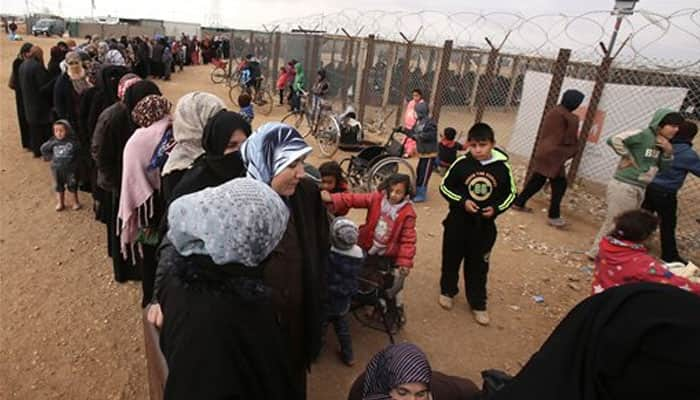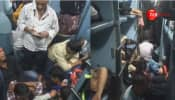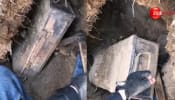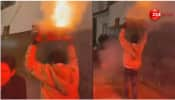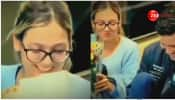Amman: Syrian refugees in Jordan will get faster access to United Nations cash aid through an iris-scanning ATM network, removing the need for bank accounts and cards.
The project, launched in Amman last week by the UN High Commissioner for Refugees, aims to help 43,000 refugee families, the majority of whom are Syrian.
It is a "much more effective and efficient way of providing dignified cash assistance to the refugees in the world," said UNHCR representative in Jordan Andrew Harper.
Under the project dubbed "EyeCloud", the refugees receive cash in less than 30 seconds from machines equipped with biometric technology.
Around 50 specially-adapted ATMs have been set up across Jordan, in cooperation with a local bank, to provide refugees quicker access to money.
"The refugees who will be receiving the cash monthly assistance in Jordan are the most vulnerable of the vulnerable who live outside the camps, the widows with children, the elderly, the people who have no chance to work, no chance to support themselves," said Harper.
A UNHCR official in Amman said more than 32,000 Syrian families would benefit from the new system, along with Iraqi, Somali and Sudanese refugees.
Previously refugees had to queue, sometimes for hours, and needed bank accounts or ATM cards to claim the cash.
The new system does away with all of that, while also ensuring the anonymity and dignity of those in need of assistance, according to the UN refugee agency.
Jordan says it hosts 1.4 million refugees -- about 20 percent of its entire population -- who fled Syria since the war that has devastated their country erupted nearly five years ago.
The UNHCR, however, says only 630,000 have registered with the agency.
Nine out of 10 refugees in Jordan live outside camps, surviving on only 68 Jordanian dinars ($100, 87 euros) a month.Since the Syrian war broke out, refugees have flooded the agency`s Amman offices daily in order to register and seek financial assistance.
The process involves iris scanning, a method the UNHCR says is efficient as it determines who is eligible to receive financial assistance.
The biometric data is uploaded onto the specialised cash machines that dispense money to those eligible.
Suad, a 40-year-old widow and mother of seven, is one of the Syrian refugees making use of EyeCloud.
"It`s quick," she said, after getting her iris scanned at an ATM and walking away with 120 dinars.
Suad`s husband was killed three years ago in a Syrian regime raid on an eastern Damascus suburb.
After his death she and her children moved to Jordan, where they rent a modest apartment.
"We need every penny of aid to help pay the rent which stands at 230 dinars," she said.
In addition to the monthly allowance of 120 dinars she receives from the UNHCR, Suad also gets 100 dinars each month from the UN`s children agency UNICEF.
"The aid is not enough but it is precious because it helps us pay the rent," said Suad.
"The most important thing is to have a roof over your head," she added.
Syrian refugee Mohamed, 35, also complains that the aid is not enough.
"We need this money. My wife has cancer and we regularly need money (for her treatment)," he said, after collecting 50 dinars from the ATM.
Father of four Ibrahim agrees.
"Everyone knows that the aid is little... but the situation would have been worse without it."
According to Harper, the UNHCR has provided more than $150 million to "the most vulnerable refugees" since 2012.





